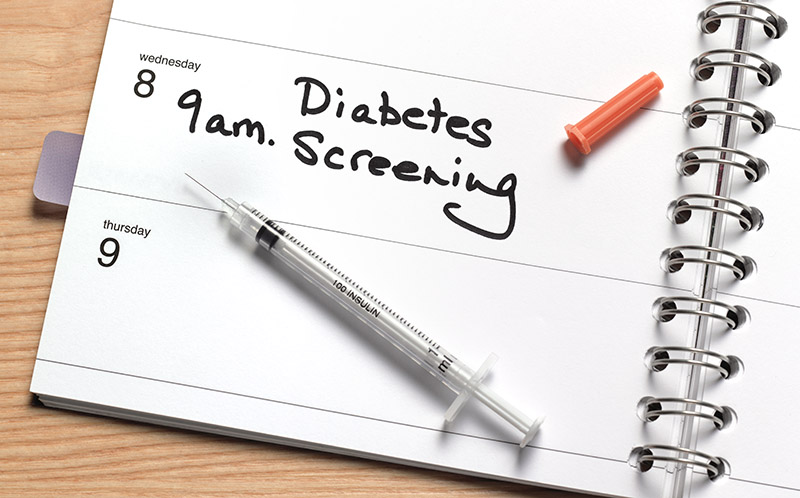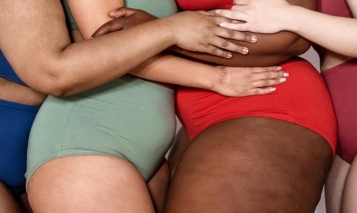
Do you get up more than once during the night to urinate? Do you feel an urgent need to urinate during the day? This condition is called nocturia.
These symptoms could mean you have too much sugar in your blood (diabetes 1 and 2).
One of the most common signs of diabetes 1 and 2 is the urge to get up and pee multiple times at night.
When there’s too much sugar in your blood your kidneys work harder to flush that sugar from your blood, making you urinate more often than you normally do.
Diabetes can damage your kidneys or bladder and also cause kidney and bladder infections.
Both conditions can cause you to pee more often than you normally would. There is no average number of times a person pees during the day. But waking up at night more than once to pee is not normal. It could be a sign of diabetes.
Age is another reason why people get up at night more often to pee.
Other factors include:
Contact your doctor if you have any of these signs and symptoms.
Diagnostic tests
If your doctor suspects you have diabetes, he or she will perform the following diagnostic tests:
A1c: A blood test, also known as glycated hemoglobin, which measures your average blood sugar level for the past 2 or 3 months. An A1c level higher than 6.5 means you are diabetic. Normal is below 5.7.
Fasting blood sugar: After fasting (no food or drink) for 8 hours, your blood glucose level will be tested in the morning. A blood glucose reading higher than 126 mg/dl indicates diabetes. Below 100 mg/dl is normal after fasting all night.
Oral glucose tolerance test: This test usually takes place in a doctor’s office or clinic. After fasting all night, you will be given a sweet drink and your blood glucose will be tested in 2 hours. Blood glucose levels of more than 200 mg/dl after 2 hours means you are diabetic. Less than 140 mg/dl is normal.
A final note about tingling sensations in your legs and feet. This is usually the first sign of diabetic neuropathy (nerve damage caused by high blood sugar). This condition usually leads to amputation of your feet or legs It is important that you notify your doctor or healthcare provider if you have any tingling sensations or numbness in your legs or feet.
This has been your Medical Minute.
More Info On the Web
Diabetes and Frequent Urination | WebMD
Diabetes and Nighttime Urination | Diabetes.co.uk
Overactive Bladder at Night | Healthline.com
DISCLAIMER
Any medical information published on this blog is for your general information only and is not intended as a substitute for informed medical advice. You should not take any action before consulting with your personal physician or a health care provider. Sandrarose.com and its affiliates cannot be held liable for any damages incurred by following information found on this blog.





